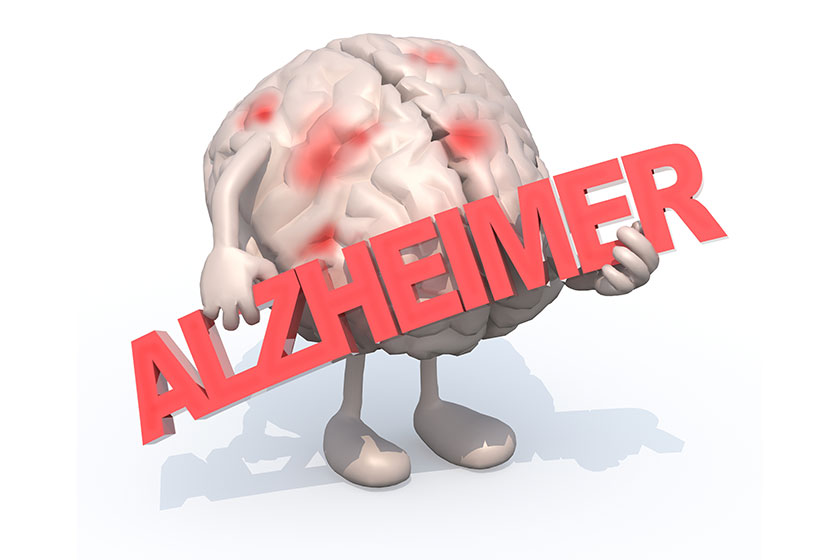Memory loss is a common concern among the elderly. However, when memory loss becomes severe and starts to interfere with daily activities, it could be a sign of dementia. Dementia is a progressive brain disorder that affects a person’s ability to think, reason, and remember. It’s a serious condition that requires proper diagnosis and management. One way to diagnose dementia is through memory tests. In this article, we’ll discuss memory tests for dementia and how they can help diagnose and manage cognitive decline in the elderly.
What is Dementia?
Dementia is a term used to describe a range of symptoms associated with cognitive decline. It’s a progressive disorder that implicates thinking, memory, and behavior. Dementia can affect people of all ages, but it’s most common among the elderly. Alzheimer’s disease is the most common cause of dementia, accounting for about 60-80% of all cases.
Memory Tests for Dementia
Memory tests are a series of assessments that evaluate a person’s memory and cognitive function. These tests are often used to diagnose dementia and other cognitive disorders. Memory tests can also help determine the severity of cognitive decline and guide treatment options. Here are some common memory tests for dementia:
- Mini-Mental State Examination (MMSE)
The MMSE is a brief test that assesses a person’s orientation, attention, memory, language, and visual-spatial skills. The test is usually administered by a healthcare professional and takes about 10-15 minutes to complete. The maximum score on the MMSE is 30, with scores below 24 indicating cognitive impairment.
- Montreal Cognitive Assessment (MoCA)
The MoCA is a more comprehensive test that evaluates a person’s attention, memory, language, visuospatial skills, and executive function. The test takes about 10-15 minutes to complete and is also administered by a healthcare professional. The maximum score on the MoCA is 30, with scores below 26 indicating cognitive impairment.
- Clock Drawing Test (CDT)
The CDT is a simple test that assesses a person’s ability to draw a clock face. The test is usually administered by a healthcare professional and takes about 5 minutes to complete. The test is scored based on the accuracy of the clock drawing and the presence of other cognitive impairments.
- Memory Assessment Clinics
Memory assessment clinics are specialized clinics that offer a comprehensive evaluation of a person’s memory and cognitive function. These clinics typically include a team of healthcare professionals, including a neurologist, neuropsychologist, and nurse practitioner. The evaluation may include a physical exam, cognitive tests, imaging studies, and blood tests.
Why Are Memory Tests Important?
Memory tests are important for several reasons. First, they can help diagnose dementia and other cognitive disorders. Early diagnosis is important because it allows for earlier treatment and management of the condition. Second, memory tests can help determine the severity of cognitive decline and guide treatment options.
For example, a person with mild cognitive impairment may benefit from cognitive training and lifestyle interventions, while a person with severe dementia may require medication and behavioral interventions. Finally, memory tests can be used to monitor the progression of the condition and evaluate the effectiveness of treatment.
Memory Tests Are Worth Trying
Memory tests for dementia are important tools for diagnosing and managing cognitive decline in the elderly. These tests can help determine the severity of cognitive impairment, guide treatment options, and monitor the progression of the condition. Elderly individuals can also take steps to manage cognitive decline and improve their overall brain health, such as exercising regularly, eating a healthy senior diet, staying socially active, managing chronic conditions, and getting enough sleep. If you or a loved one are experiencing memory loss or other cognitive symptoms, talk to a healthcare provider about memory tests and other management options.







